Danish TSO pledges major gains from criticized gas line
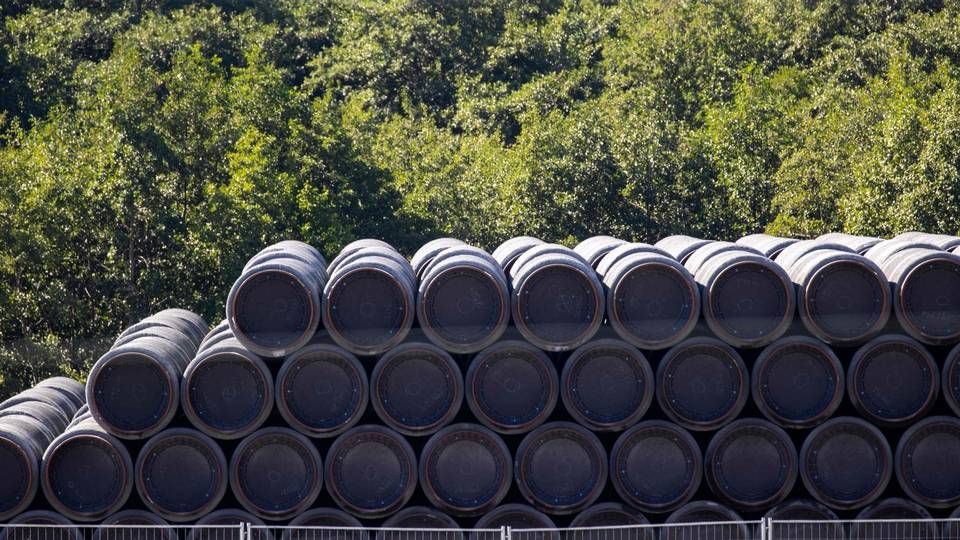
Did you know that a new gas pipeline traversing Denmark is being established right now, asked climate activist Kirsten Gullmaj Nielsen on Thursday in a newsletter issued by environmental organization Greenpeace.
She sought to create "awareness of the enormous and destructive gas project Baltic Pipe" and urged the newsletter's recipients to sign a petition to halt the pipeline.
She thereby joined an increasingly larger group of Baltic Pipe critics, a group that only seems to voice its concerns louder and louder in step with the Polish-Norwegian pipeline nearing completion, and which will run through 230 kilometers of Danish territory.
The criticisms pertain both environment and climate, but also the fact that the pipeline didn't undergo legislative processing in parliament, instead being approved by ministerial decree by former energy and climate minister Lars Christian Lilleholt.
In July, 15 protesters broke into a construction site in Denmark, and right now several land owners are attempting to take Danish transmission system operator Energinet to court in order to halt the project. Farmers don't think Baltic Pipe is necessary, nor that it would benefit the country or be for the public benefit.
Not even though Danish gas capacity is expected to quadruple once the pipeline is finished in a couple of years and connects the Danish gas grid to Norway's and Poland's networks.
Societal profit and lower tariffs
But Energinet now responds to critics of the connection, trying to deny a range of allegations in the lawsuit, which is led by law firm Hjulmand Kaptain.
"Baltic Pipe is a major gain for Denmark. The gas pipeline will yield society billions [of DKK] in profit, and gas consumers will have lower tariffs. Danish gas supply security will be strengthened, and Baltic Pipe will contribute to the green transition of the gas system and CO2 reductions both here [in Denmark] and in Eastern Europe," says Annette Ikast, legal director at Energinet, in a press release.
In total, Baltic Pipe is expected to cost DKK 12-16 billion (EUR 1.6-2.1 billion). But according to Energinet, Denmark will gain a profit of DKK 2 billion from the pipeline, which will also ensure a lower bill for 400,000 gas consumers.
Ikast underscores, too, that rigorous legal investigations were conducted prior to construction, concluding the project is in the public interest.
Energinet also notes that all previous Danish gas pipelines were installed by means of land expropriation – the state taking over private property.
Proceedings are similar for Baltic Pipe, although the suing party holds it's illegal to expropriate land to Baltic Pipe according to both the nation's constitution and the natural gas supply act.
"The land is expropriated, just as it happened with the more than 1,000 kilometers of gas transmission pipes Denmark has dug down since the 1980s," says Ikast.
Affects large area
When Baltic Pipe's second hearing phase ended last year, along with the accompanying civic meetings, the protests had been many, as the pipeline affects 550 properties and cuts through 13 different municipalities in Denmark.
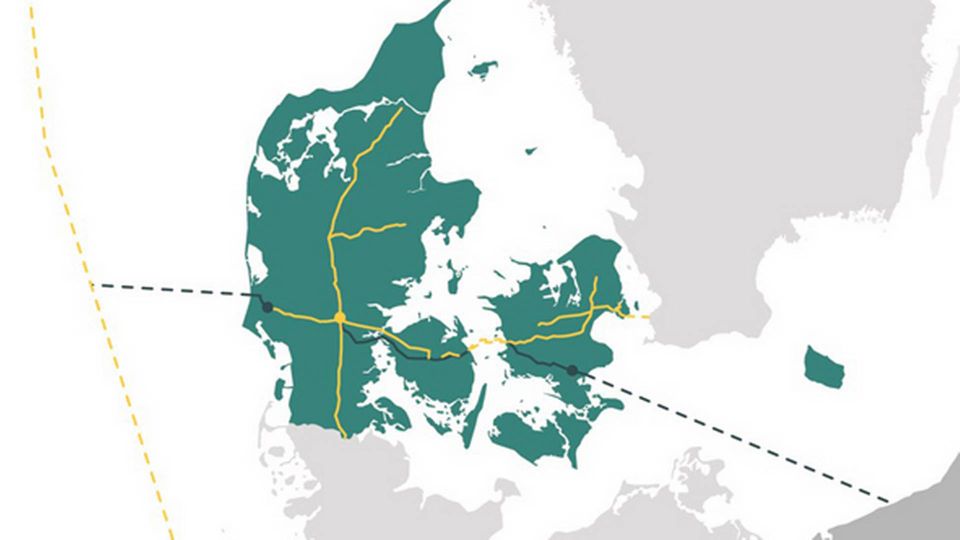
The suing plot owners refer to the so-called "guest principle" in Danish law, which means that the pipeline's owner – Energinet in this case – must move its facilities when plot owners demand it.
However, Energinet points out that all Danish gas transmission pipes were laid according to a principle of "full rights to presence" and that the guest principle has never before been used in the context of establishing Danish gas pipes.
This is probably not the last word in the debate surrounding Baltic Pipe, and the primary question remains whether Baltic Pipe serves "the common good."
Energinet has no doubts, and as of October 2022, the first gas is expected to flow from Norway to Poland.
English Edit: Jonas Sahl Jørgensen
Danish TSO's giant investment plans gets ministerial green light
German power giant warns of possible Nord Stream 2 collapse
Related articles
German power giant warns of possible Nord Stream 2 collapse
For subscribers
Media: Climate activists broke into Baltic Pipe area
For subscribers


.jpg)
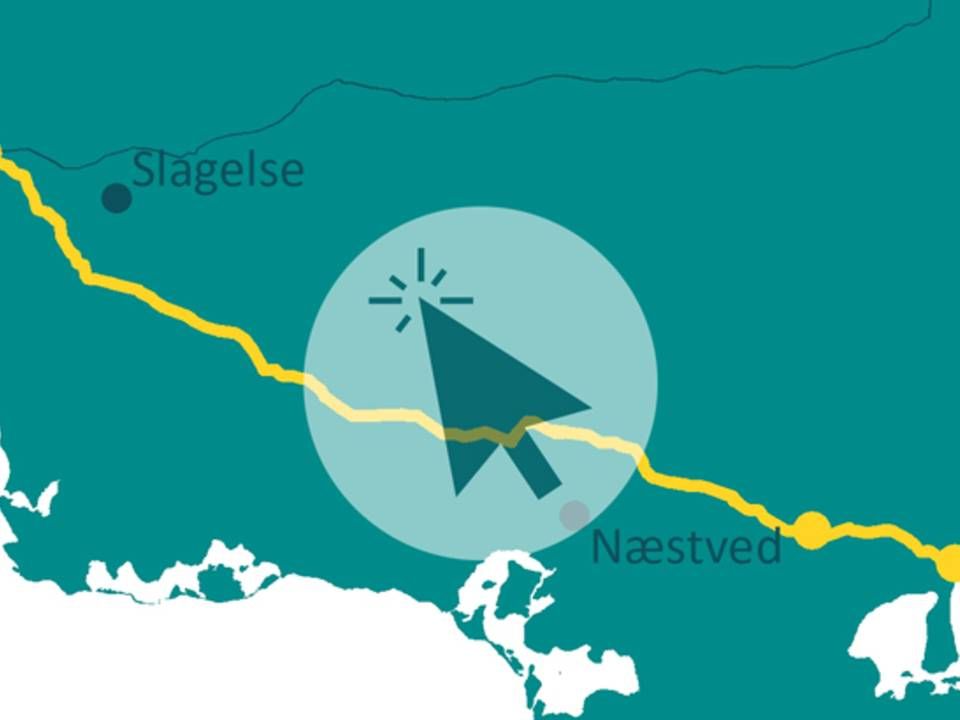

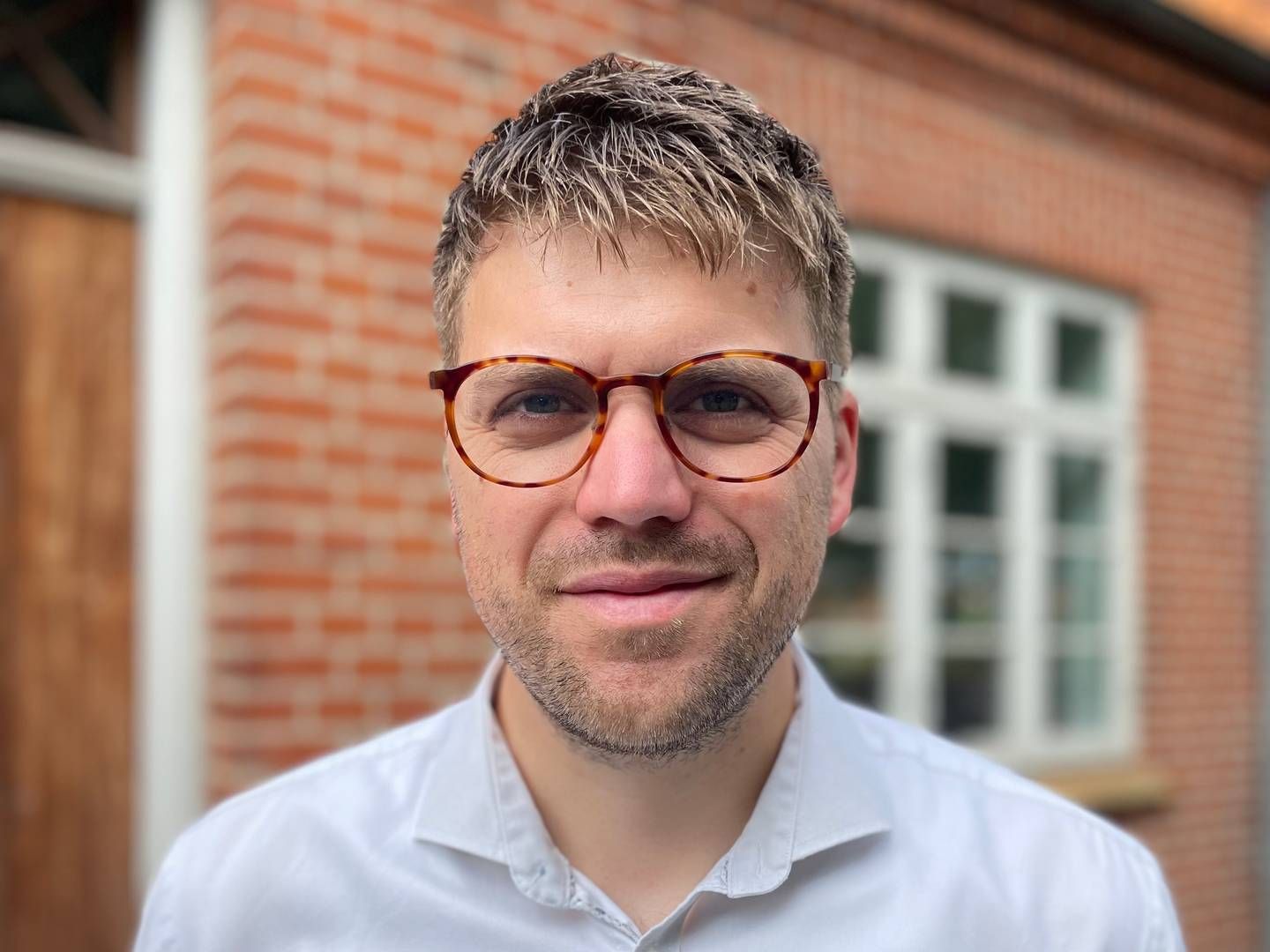
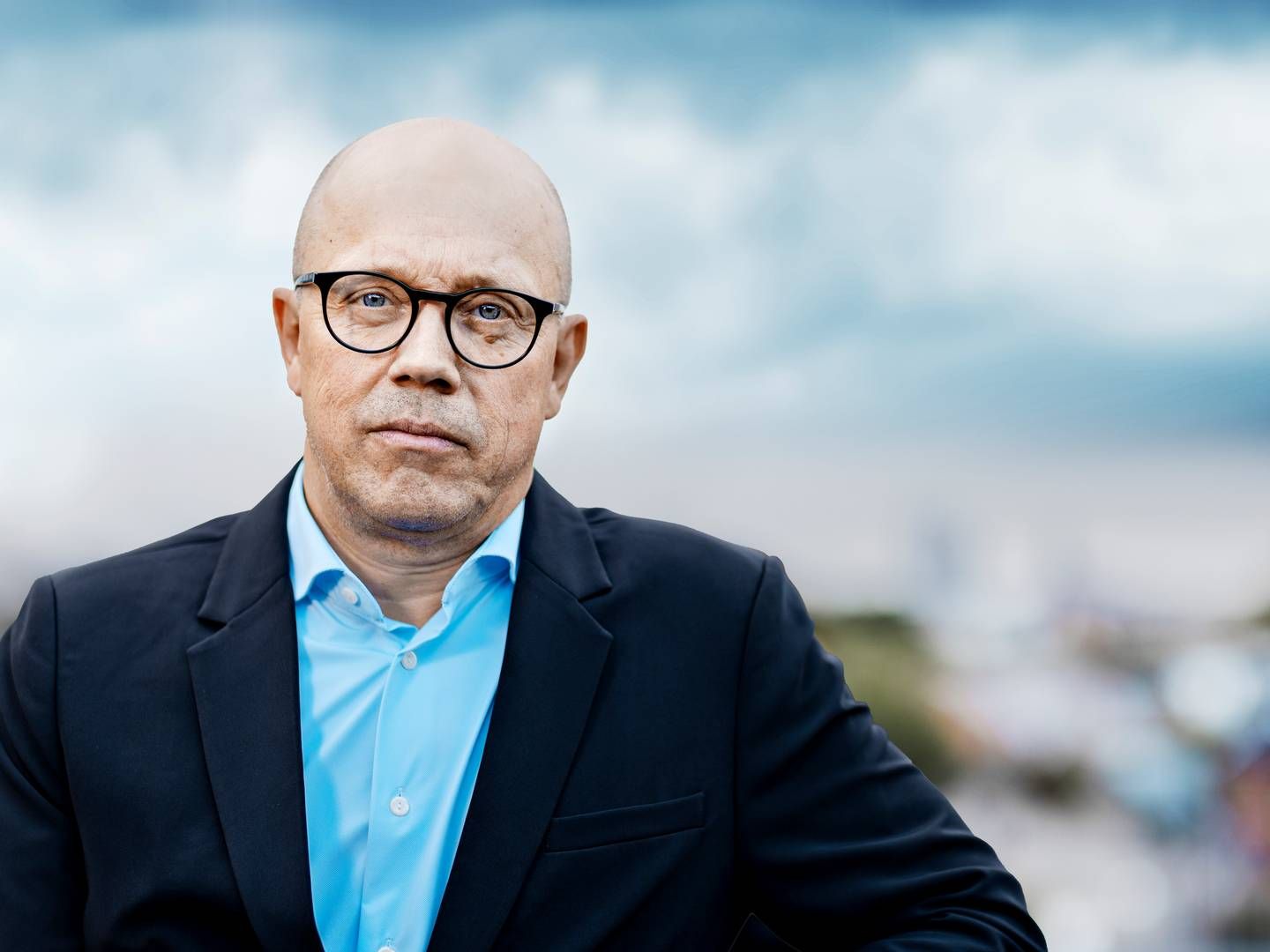





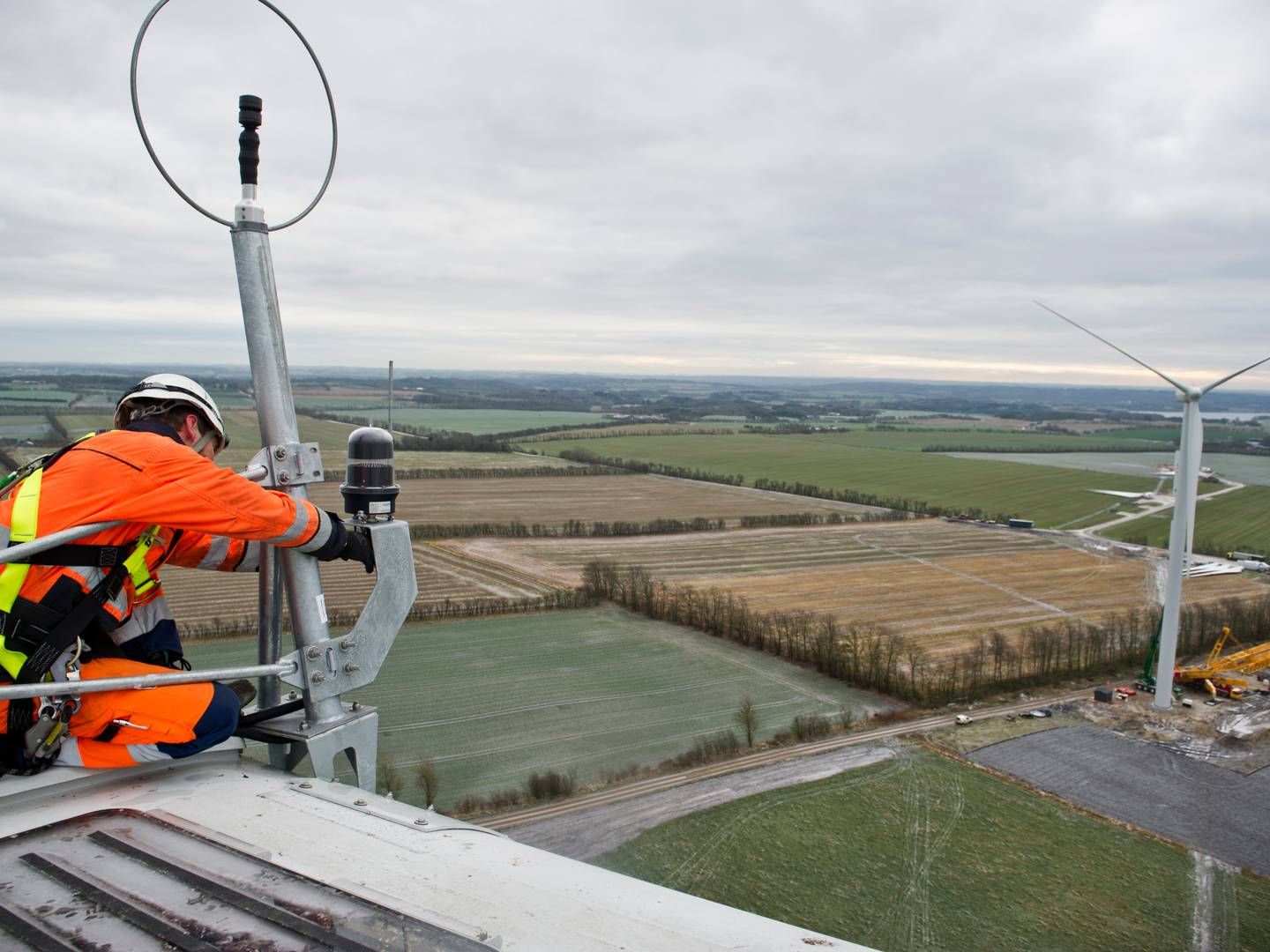
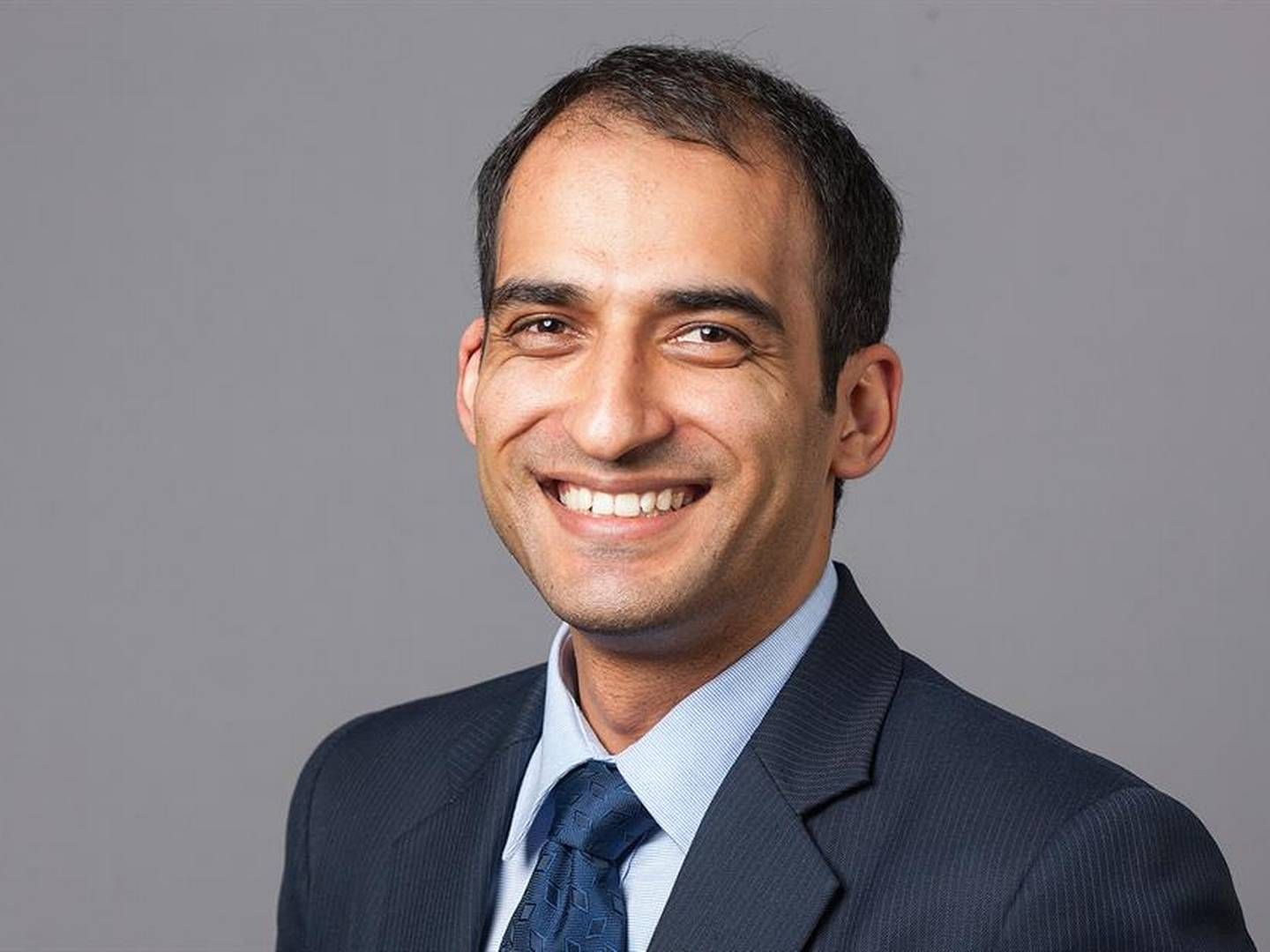



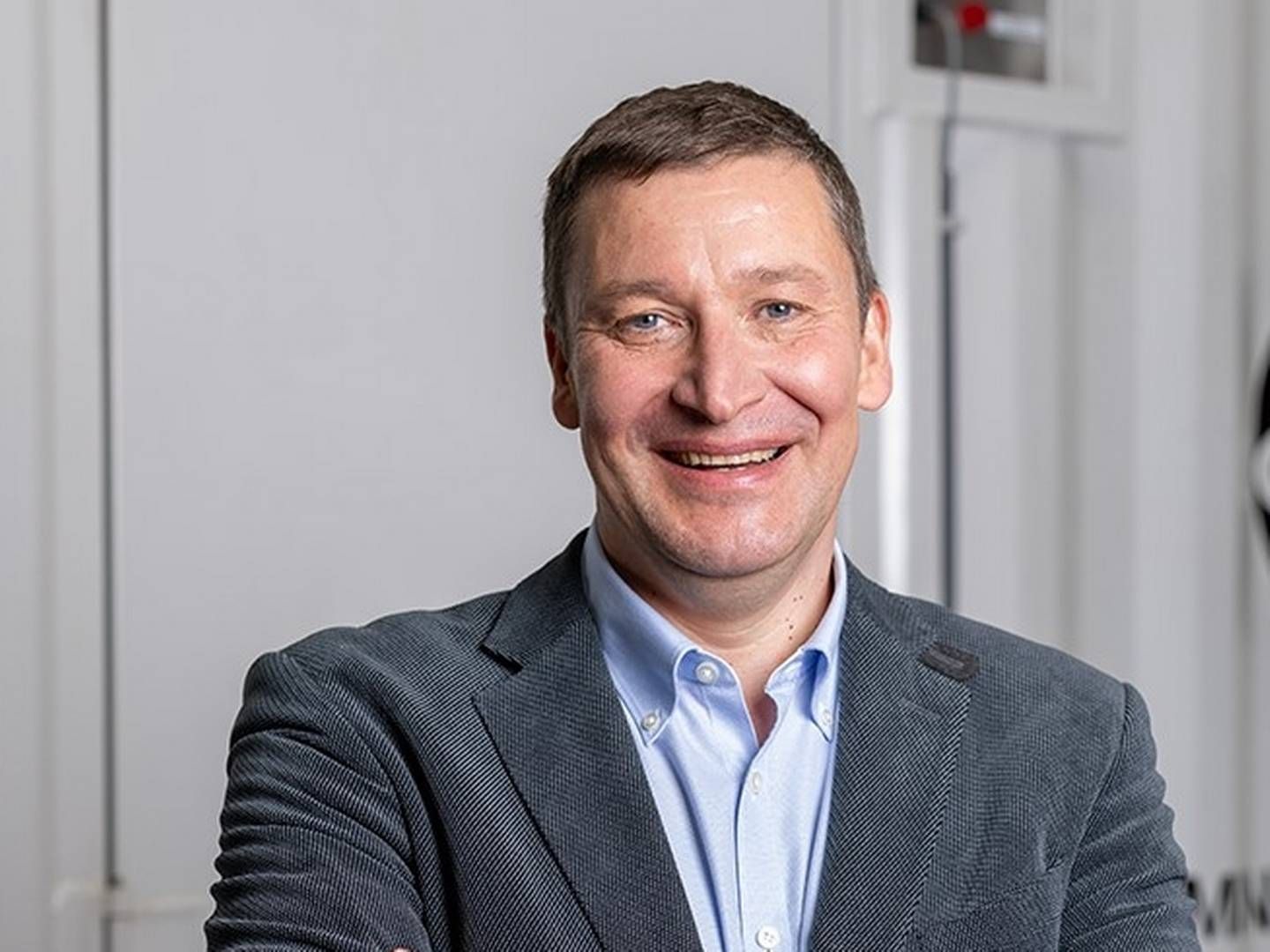
.jpg&w=384&q=75)






